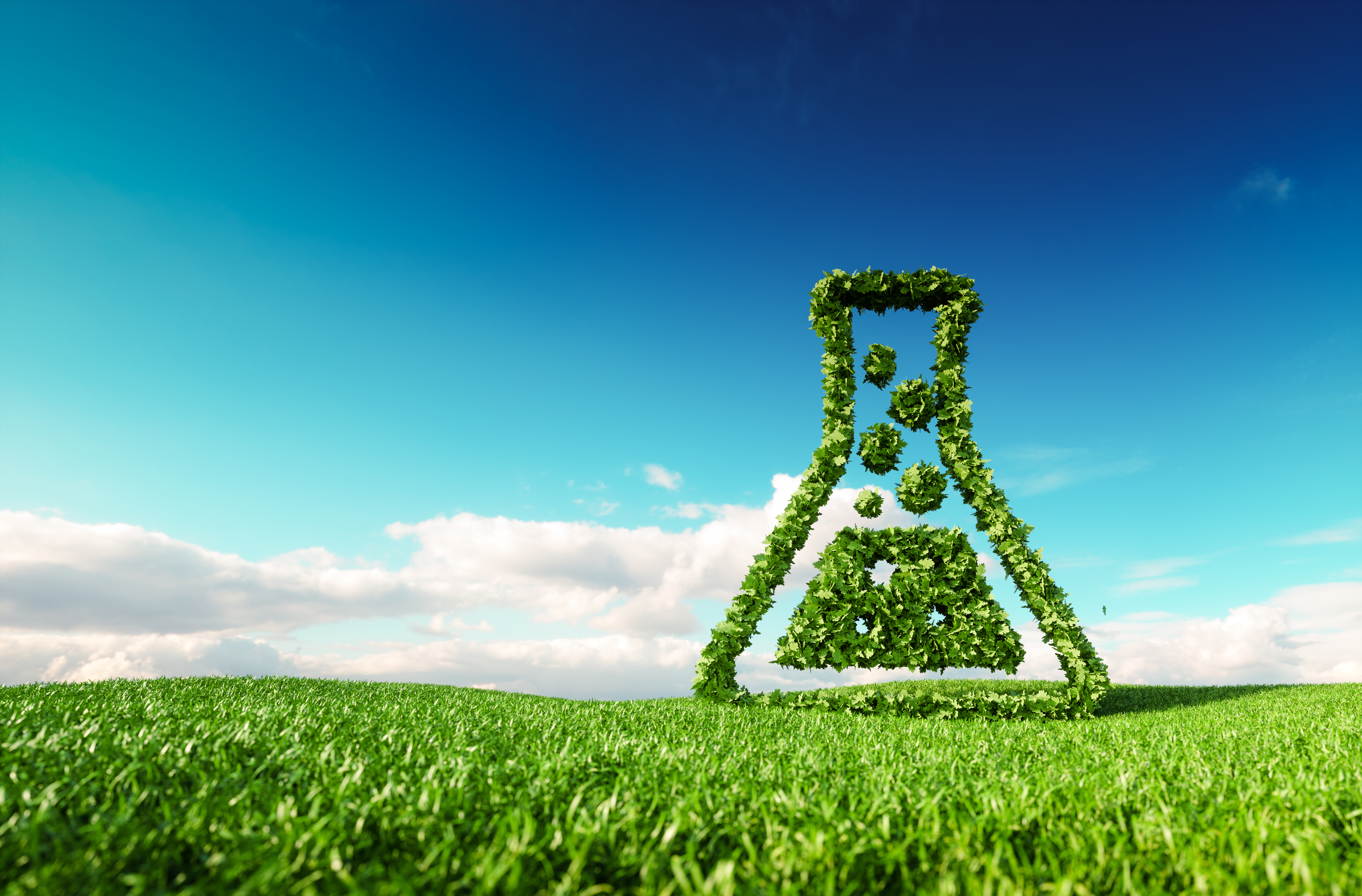Bioeconomy
The bioeconomy has set its sights on an economic model that makes more efficient use of resources, with bio-based raw materials and circular production processes that reduce and create new uses for waste

The bioeconomy has set its sights on an economic model that makes more efficient use of resources, with bio-based raw materials and circular production processes that reduce and create new uses for waste.
The goal is to create a more innovative, low-emissions economy that promotes sustainable use of renewable bio-based resources to produce food, power and industrial goods, and to bring value to tons of biological waste and byproducts, while protecting biodiversity and the environment.
The bioeconomy plays a key role in addressing social challenges like food safety, climate change and availability of clean, affordable power, and in speeding up our progress towards the United Nation’s Sustainable Development Goals (SDG).
Industrial biotechnology plays a key role in turning agrifood, forestry and industrial waste and other byproducts into new bioproducts that can generate value while making the process more environmentally sustainable. Bioproducts are the foundation of the circular economy, which the European Union has set as one of its top priorities for creating jobs and staying competitive, ensuring rational, sustainable use of resources.
AseBio: Committed to the Bioeconomy
Spain was one of the first countries in Europe to develop a Strategy on Bioeconomy, and to launch, through its autonomous communities, specific action plans. These include the Clamber project in Castile-La Mancha, promoted by AseBio, which has promoted construction of a research plant and biorefinery and R&D projects. Another noteworthy plan is the one in Andalusia, which has its own Circular Bioeconomy Strategy.
